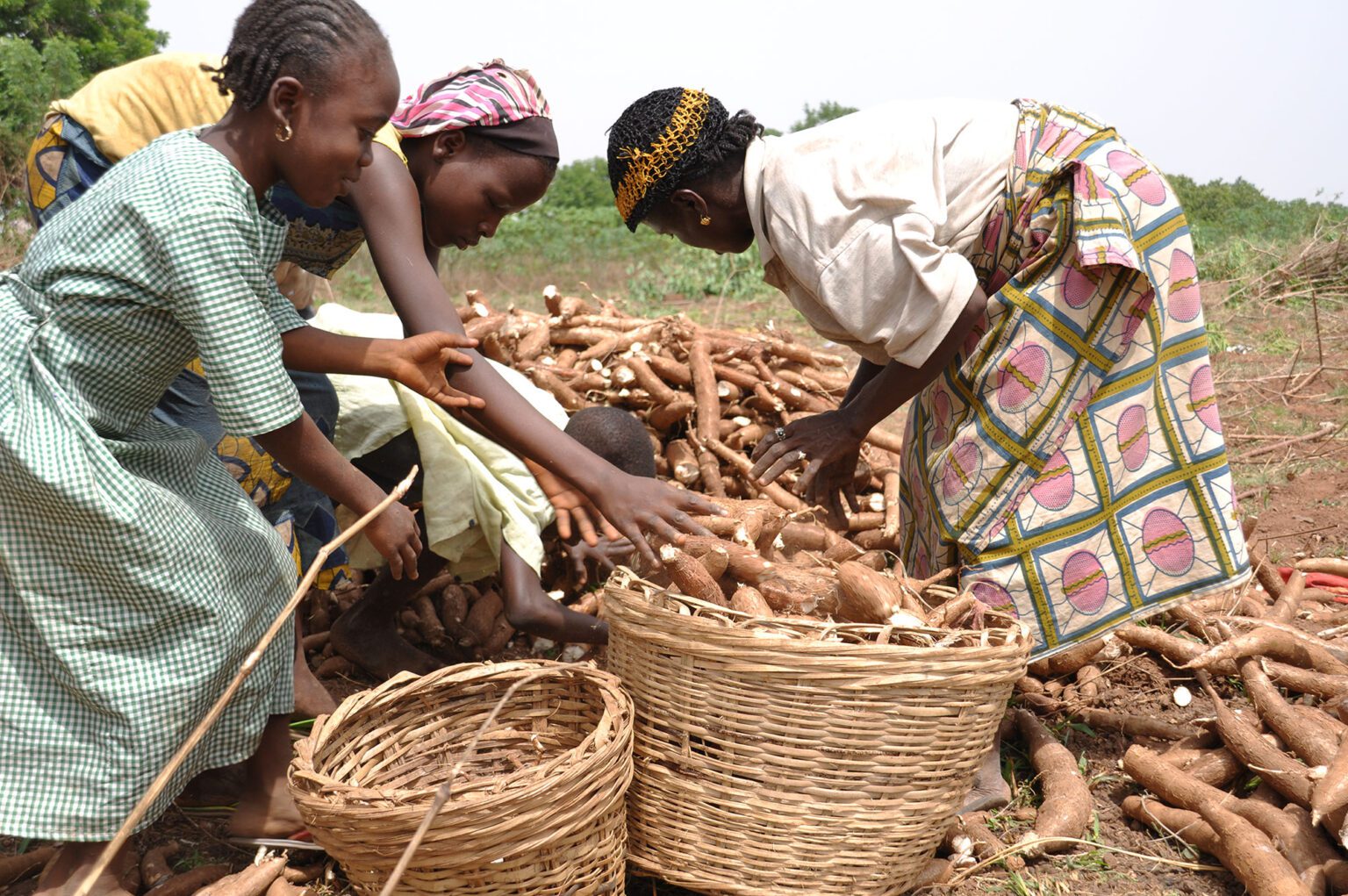The Federal Government has observed that despite Nigeria’s potential in cassava production with an estimated 60 million metric tons production potential, the average yield of the crop is still much lower than the production in Asia and other cassava-producing countries due to several biotic and abiotic factors such as pest and diseases. The Director, Federal Department of Agriculture, Engr. Abdullahi Abubakar, disclosed this during the workshop on capacity development for cassava farmers on good agricultural practices and control management of whitefly on the crop. According to him, strategies to manage the whitefly on cassava farms include the use of resistant cassava varieties; application of appropriate pesticides to control pests; and observing farm operations such as planting, weeding, supplying, manure application, and harvesting at the appropriate time.
While explaining that the importance of cassava as food and source of foreign exchange earnings, he stressed the need to continually promote and develop the crop to achieve its potentials. He noted that the commodity also has widespread industrial applications and a huge potential to drive economic growth in the country. Abubakar said the workshop was necessary to sensitise farmers and other stakeholders along the cassava value chain to spread the basic concept of agricultural best practices on whitefly and disease control in cassava production. The workshop was to also ensure that cassava production system is aimed toward sustainable agriculture and ecologically safe, so as to obtain harmless products of high quality, and to contribute to food security and income generation.
The Regional Director of the Ministry, South West Zone, Mrs. Omolara Oguntuyi said the Ministry was assiduously working towards achieving food and nutrition security through its various activities by using a combination of policies and appropriate agricultural technologies that would lead to job and wealth creation as well as improved standard of living. She added that the ministry was working to achieve this objective through the promotion of crops such as cassava in which Nigeria has comparative advantage in production. She said: “Pest control is vital to crop cultivation because of the negative impact caused by pest such as decreased yields, increased production cost, transmission of secondary diseases, interference with harvest, and lower product quality”.



